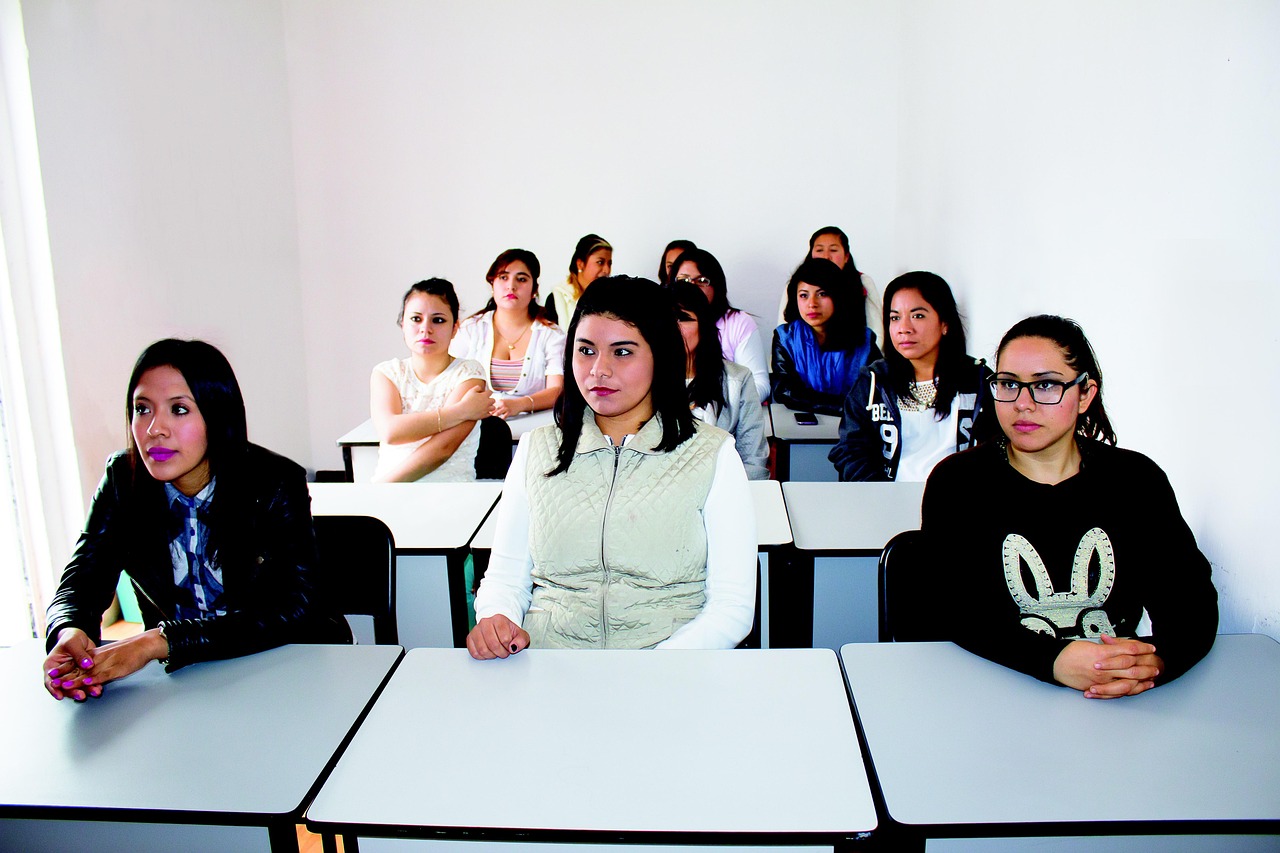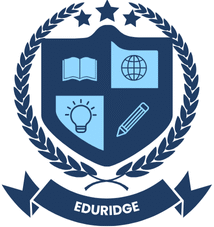Going to school in the US is in your future, right? When planning your academic future, getting a student visa—particularly an F-1 visa—is a crucial first step. The interview for a student visa to the United States is a vital part of the visa application procedure. The quality of your responses to the consulate officer’s questions is just as important as the documents you submit.
In this comprehensive guide, we will show you how to ace your American student visa interview by walking you through the most often asked questions, including sample answers, and advice on how to do well. If you are applying for an F-1 visa, whether for undergraduate, graduate, or language studies, this post will ensure that you are well-prepared for your interview.

Table of Contents: Student Visa Interview Summary
-
A General Review of the Student Visa Interview
-
Important Tips for Achieving Your Interview Goals
-
Interview Questions for the F-1 Visa
-
Issues Relating to Your Academic Routine
-
Reasons to Be Wary of Your College Choice
-
Problems With Your Academic Record
-
Issues Relating to Your Economic Situation
-
Questions Regarding Your Post-Graduate Objectives
-
Issues Relating to Your Ties to Your Home Country
-
-
Interview Requirements Paperwork
-
Stay Away from These Common Interview Pitfalls
-
Finally, Some Thoughts
1. A General Review of the Student Visa Interview
Booking your visa interview at the American Embassy or Consulate in your nation is the next critical step after receiving your I-20 form from a U.S. university. A consular officer will assess your seriousness as a student, your future ambitions, and your connection to your home country during this pivotal interview.
The interview may only be three or five minutes long, but it is highly consequential. Please provide clear, concise, and honest responses. The first concern of the consulate official is that you have sufficient funds to cover your education expenses in the US and that you will return home after finishing your program.
2. General Tips for Achieving Your Interview Goals
Before you answer the questions, keep these things in mind:
-
Have confidence without being arrogant.
-
Do not look away from the visa officer.
-
Express yourself fluently and clearly in English.
-
Keep it brief. Withhold irrelevant details.
-
Be prepared to present any necessary documentation, but do so only when asked.
-
Instead of reciting your answers word for word, act naturally.
3. Interview Questions for the F-1 Visa
A. Questions Regarding Your Course of Study
By asking you these questions, we can learn more about your academic aspirations and the rationale behind your decision to attend a school in the US.
1. What brings you to pursue higher education in the United States?
A few of the best computer science degree programs in the world are located in the USA, for example. The curriculum is industry-focused, and the research potential are exceptional.
2. How are you planning to gain knowledge?
“I intend to get a master’s degree in electrical engineering, specialising in embedded systems,” is one possible interpretation of the question.
3. Why not study in your home country?
“My country has good programs, but they lack the specialisation and research facilities offered by U.S. universities,” is a comment that is typical.
B. Questions Regarding Your College Choice
These questions are designed to gauge how well you know the school you are planning to enrol in.
1. What factors led you to choose this particular university?
Response Example: “I picked XYZ University because of its excellent data science faculty, particularly Dr. Smith, whose machine learning research I respect.”
2. How many colleges did you apply to?
I applied to five different schools and got into three of them, as an example of a response. This one appealed to me mostly because of its curriculum and funding.
3. Have you received a scholarship?
Response Example: “Yes, based on my academic achievement, I was awarded a $10,000 annual merit-based scholarship.”
C. Questions Regarding Your Academic History
These exams determine if you are prepared to attend college in the United States.
1. What is your highest academic qualification?
Response Example: “I earned a GPA of 3.8 in 2024 after completing my Bachelor of Technology in Information Technology.”
2. What were your results on the GRE, TOEFL, and IELTS?
“I got a 315 on the GRE and a 108 on the TOEFL,” is an example of a response.
3. Could you explain any academic gaps or low grades?
Response Example: “I had health problems that caused me to have lower grades for a semester, but I got much better after that.”
D. Money Matters
The financial security of American consulates is of paramount importance. Make sure you have a solid strategy to cover the costs of your education.
1. Who is covering the cost of your education?
I am fortunate to have my father’s financial support for my education. He earns $60,000 annually from his own business.
2. Can you tell me the overall cost of your education?
Response Example: “Tuition, living expenses, and insurance are included in the estimated $40,000 annual cost.”
3. Are you in possession of any financial records?
Response Example: “Yes, I have property records, tax returns, and bank statements that attest to our capacity to pay for my education.”
E. Questions About What You Want to Do After College
The visa officer is seeking proof that you want to return home after completing your studies.
1. What are your plans after graduation?
Response Example: “I intend to go back to my native country and work in the expanding technology industry, particularly in the development of artificial intelligence.”
2. Do you intend to work in the US after studies?
Response Example: “If at all possible, I would like to use OPT to obtain hands-on training before returning to support the tech sector in my home country.”
3. Do you have job prospects in your home country?
“I haven’t done it yet, but I’ve reached out to several companies that recruit graduates from the United States,” is one possible response.
F. Questions About Your Relationships With Your Country
Officers are responsible for vetting applicants to ensure they have strong ties to their home country and will not overstay their visa.
1. Is the United States home to any of your relatives?
Response Example: “No, I intend to return home after completing my studies because my family still lives there.”
2. What does your family do for a living?
My father owns a business, while my mother remains at home. In the ninth grade, my little brother is enrolled in school.
3. Do you own any property or assets in your country?
Response Example: “Yes, my father’s and my names are on the land and house that my family owns.”
4. Interview Requirements Paperwork
While your spoken comments will undoubtedly take the stage, we kindly request that you bring the following documents:
-
The Form I-20 that your school distributed
-
Fee receipt for SEVIS
-
Passport (valid for at least six months)
-
DS-160 confirmation page
-
Consular appointment confirmation for a visa
-
Official transcripts and certificates of completion
-
Results of formal examinations (such as the GRE or the TOEFL)
-
Documentation from a bank or proof of funds
-
Affidavit of support (if relevant)
Always be ready to present upon request and keep them organised.
5. Stay Away from These Common Interview Pitfalls
Typical pitfalls that you should avoid are:
-
Responding with vagueness or premeditation
-
Falsifying or exaggerating information
-
Problems with papers
-
An unhealthy dose of arrogance or frantic actions
-
Talking too much without being asked
Answer honestly and let your enthusiasm for learning guide you.
6. Conclusion
You can breeze through the interview for an American student visa if you’re well-prepared and have the right mindset, even though it could be intimidating at first. Strive to portray yourself as a committed student with genuine academic goals and strong links to your native country. Review the details of your university, your plans for after graduation, and your budget.
Feel prepared for the interview by going over potential answers with a friend before you go in, rather than trying to memorise them.
Knowing what to expect from the interview questions for an American student visa will help you turn your dream of attending college in the US into a reality.
